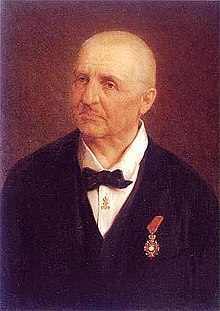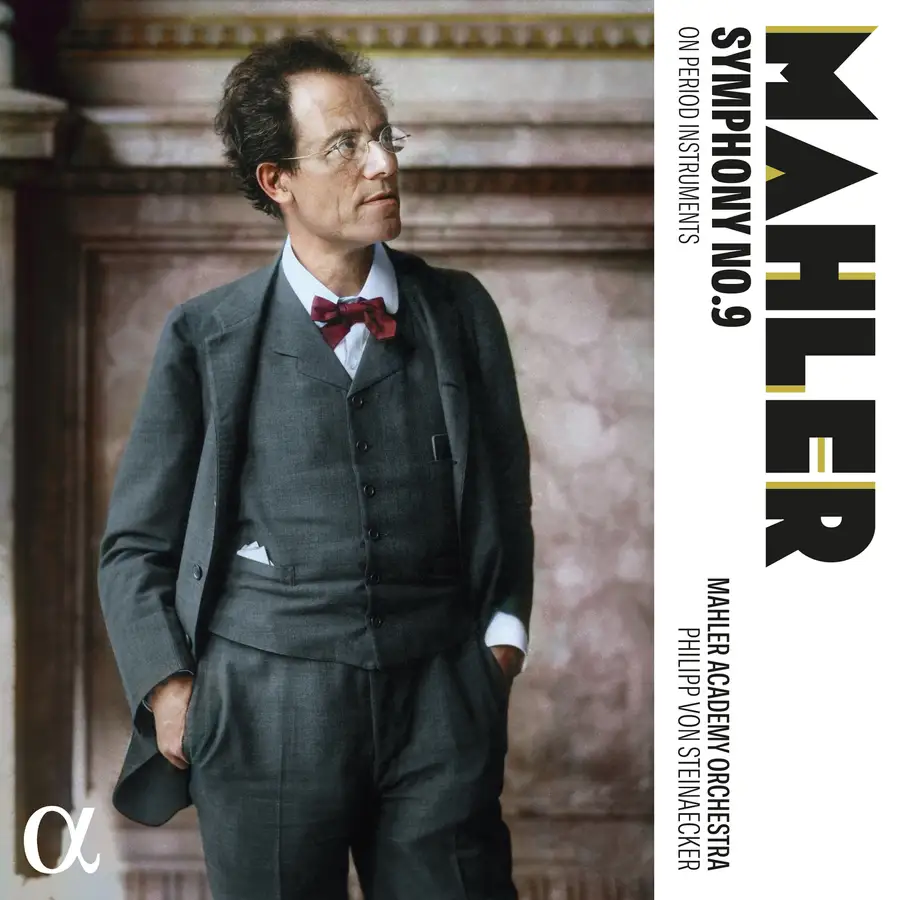Two DAC's: Ensemble Dichrono Hi-Dac vs Sparkler S-306
Two Swing Arm Transports: Theta Data Basic II vs Meridian 200
Calling this a "review" is an overstatement. Rather, just brief notes. I am trying to finish off my stash of articles. Today is the last day of quarantine. Tomorrow I shall return to my old house, which is in the "countryside", where the signal is poor. Wifi is likely poor. So my communications will be fewer and farther in between.
Genesis Digital Lens In HK, I have long used de-jitter devices. Early on, I briefly used the Sonic Frontier Ultra Jitterbug, but I preferred the Monarchy Audio DIP. But when I got my hands on the Genesis, all others fell by the wayside and it became central to my digital setups. With 5 inputs and 3 outputs it acts as a great switchboard that allows one to run multiple combinations. For detailed description of what was then quite revolutionary, see Stereophile. The Genesis was probably the first device to use 500Kb of RAM as buffer. Is it obsolete 20+ years later? I think not, and this 2018 article agreed with me.
Two months ago I chanced upon one at US Audiomart, at a very good price, and the seller delivered it to me! I first tried it in the LR streaming system. It did its usual good job with my Micromega Stage 2 and MyDac. However, it would not work well with bluetooth. There was no jitter figure, music got through, but there were not infrequent stutters, sign of the poor quality of the digital signal. I then took it to the audio room, where I connected it in System II with 2 transports and 2 DAC's.
Theta Data Basic II This is a hell of a transport. Stereophile has a detailed review on the I, but the II is even better, with addition of balanced output, addition of one more transformer and an updated anti-jitter circuit (info from an excellent Taiwanese page). Basically a modified PS Audio Lambda, it nonetheless is better sounding, and it has that trademark killer bass that its forerunner Data had. I still have the legendary original Data (Stereophile; the one converted from a Pioneer LD player), which I have always regarded as the best transport. However, previously I did compare the 2 and the sound was shockingly similar. My Data Basic II reads discs very fast and I think there is a lot of life left in the Philips CD9 Pro; unfortunately the same cannot be said about the Data. I used the balanced output.
Gotham10601 This is the Gotham AES cable, very slim and flexible. I regard it as the best digital cable. In HK I still have the old Kimber (Illuminati) DX-50, and the Gotham has a lot more detail and is also more pacey.
Meridian 200 This is a classic Meridian transport employing the CDM-4. Stereophile reviewed it together with the 263 DAC, whereas Gramophone had the earlier bitstream 200/203 combo (the DACs can be ignored). I used the coaxial output with the Belden 1694A.
Sparkler S306 needs no introduction in this blog. NOS TDA-1543 conversion. This was after I reversed the input wires. Hooked up with the Belden 1694A.
Ensemble Dichrono HiDac This is a very expensive DAC, but I got it with the Dirondo transport for a very good price. Critical reception was mixed (see 6moons and positive feedback). Hooked up with either Ensemble Gigaflux BNC or coaxial Belden 1694A.
Brief Comparisons
- Theta vs Meridian There is little question that the Theta excels in more areas: resolution, drive, dynamics and bass. This could also partly be due to the AES connection. Error displayed is very low on the Genesis. But the Meridian is no slouch. It is a little more diffuse and less resolved but it is still eminently musical. Error displayed is just slightly higher than the Theta. Both are highly recommendable if one can find an honest seller or test thoroughly. The CDM4 though shall likely last longer.
- Ensemble vs Sparkler Similarly, there is little question the Ensemble excelled in all the things the Theta did. However, in my highly resolved system (using Yamamoto CA-04 preamp) the Ensemble proved to be on the yang side. The Sparkler had less resolution but was subtly articulate and more listenable over time. I still have work to do on the Ensemble in the future.

















No comments:
Post a Comment